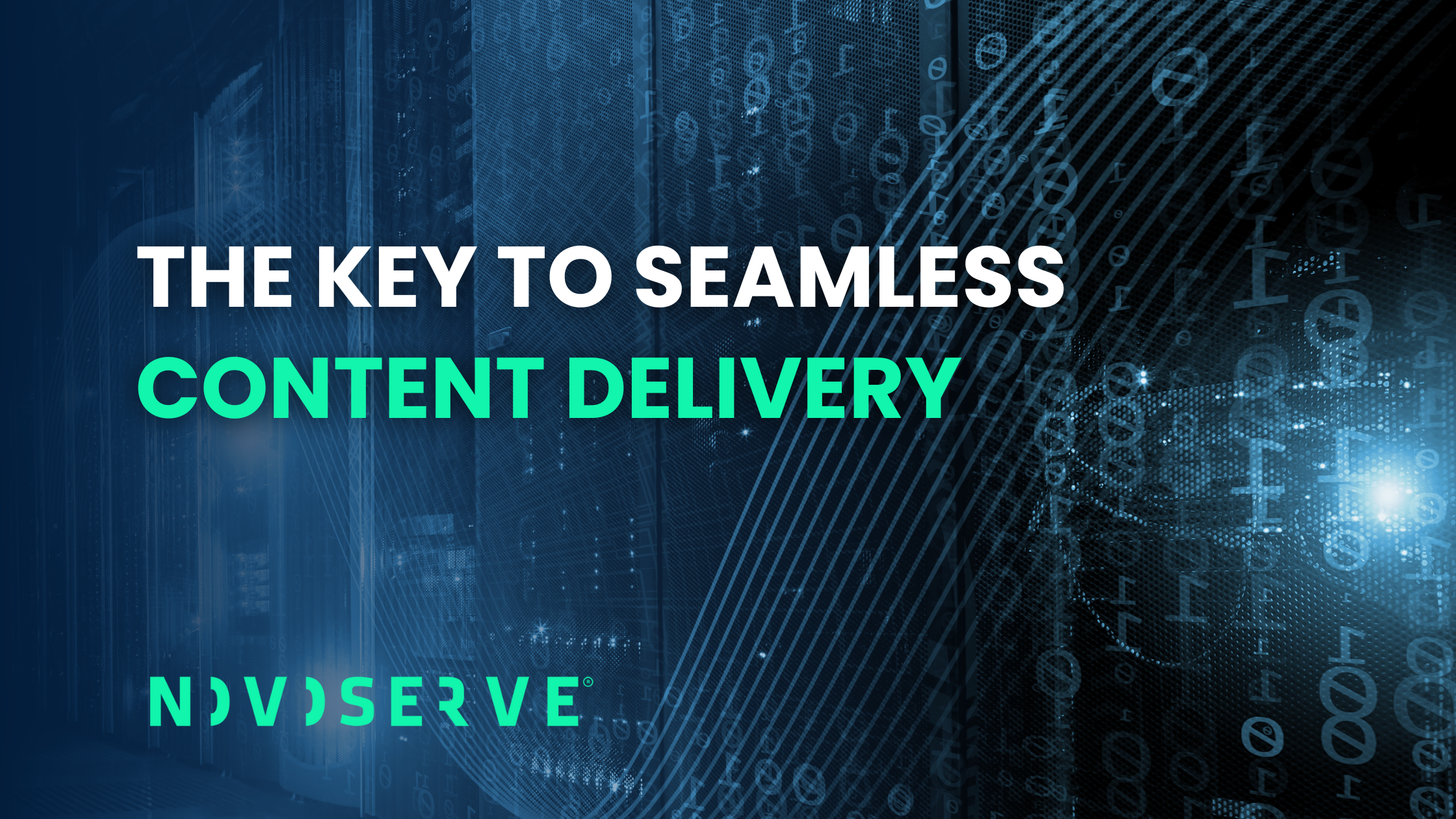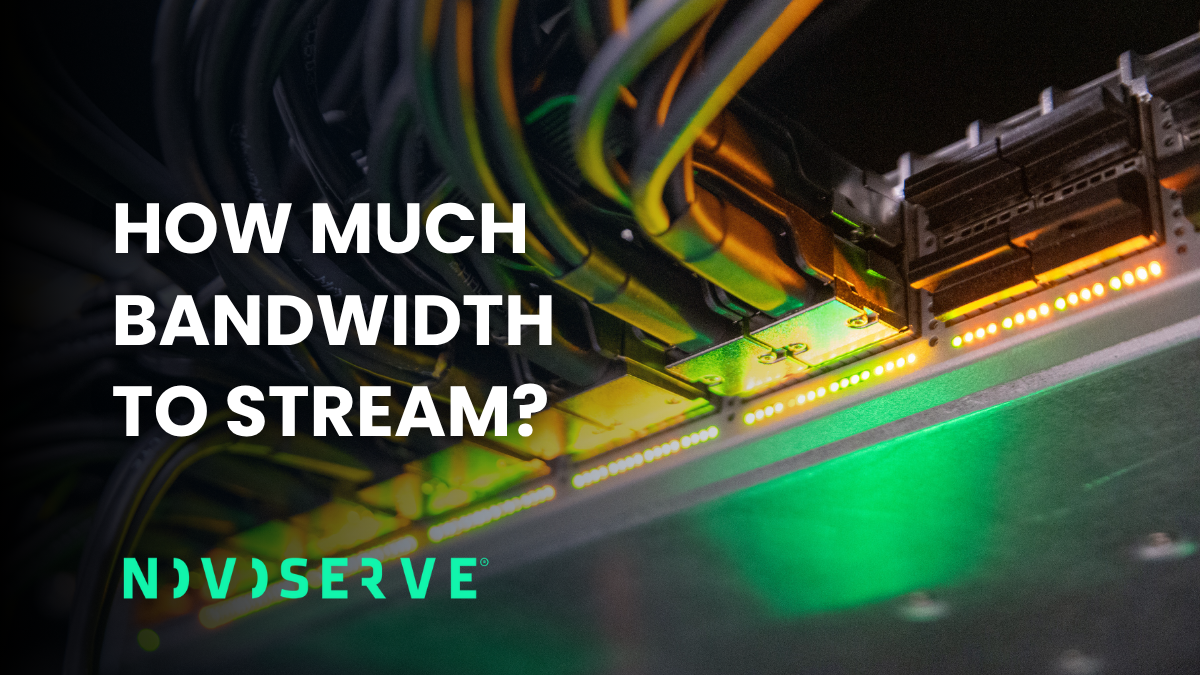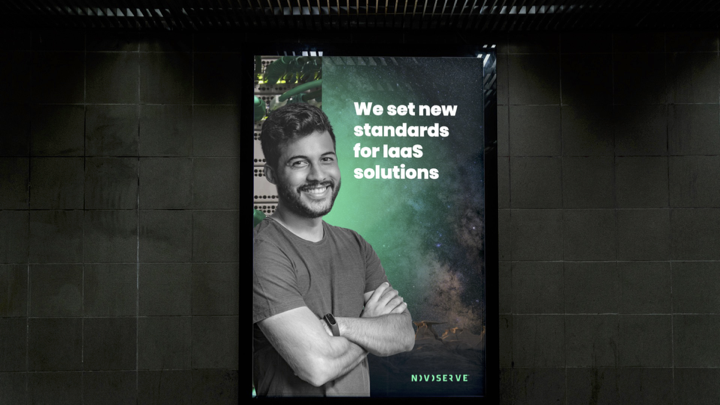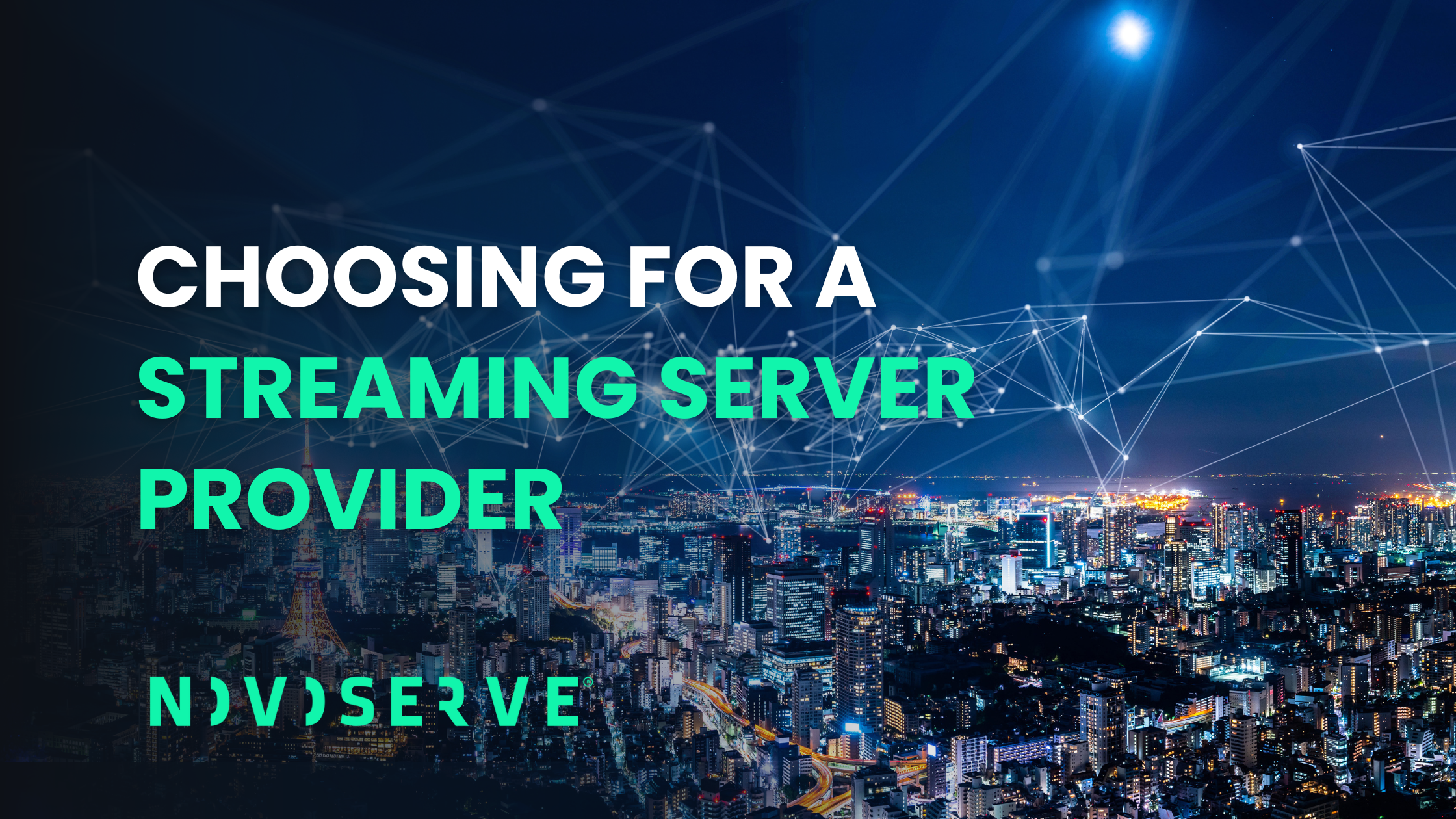It only takes a few seconds for people to leave a website if content does not show up fast enough. This impatience is only increasing as digital content grows in size and complexity. Where we once accepted small, low-resolution videos, we now expect ultra-high-definition 4K content at 60fps to load instantly. A Content Delivery Network (CDN) plays a crucial role in ensuring seamless delivery of such content, reducing latency, and optimizing bandwidth usage. Whether you're running a video streaming platform, an e-commerce website, or a high-traffic application, leveraging a CDN server is essential for providing a fast and reliable user experience.
Network Performance is Essential for CDN Hosting
For distributing large volumes of content across the Internet, a CDN hosting solution must rely on a high-performance network. Users demand content that loads quickly, streams smoothly, and maintains full resolution without interruptions. Meeting these demands requires a robust infrastructure capable of handling high bandwidth, low latency, and minimal packet loss.
Optimised CDN Server Reduces Latency
When seconds count, network latency is often not the primary issue. Instead, delays frequently occur on the server side when retrieving large files from disk or processing requests. A well-optimized CDN server minimizes this initial latency by caching and preloading content closer to users. Streaming services often include initial buffering mechanisms, such as playing short advertisements before a video starts, to give the network time to load the main content. This technique ensures a seamless experience without noticeable delays.
Bandwidth and Quality
High-quality streaming depends largely on bandwidth availability and network stability. Packet loss leads to visual artifacts, missing frames, and a poor user experience. To deliver 4K video at 25Mbps to 400 users simultaneously, a CDN hosting solution must support at least 10GE bandwidth. When bandwidth is insufficient, content providers are forced to lower resolution or compress images, which affects visual quality.

Eliminating Stuttering with a Reliable CDN Server
For streaming audio and video, buffering interruptions can be extremely frustrating for users. There are two primary ways to handle buffering: the client can pause playback to request additional data, or it can skip frames, leading to missing content. Even minor packet loss can cause significant disruptions in streaming quality. Live events present a unique challenge, as excessive buffering leads to delays, creating situations where audiences hear reactions from others before seeing the event themselves. Traditionally, UDP was the preferred protocol for streaming due to its ability to tolerate some packet loss. However, many CDN hosting providers are now shifting to TCP, which offers better quality control and more efficient bandwidth utilization.
Delivering Non-Video Content
For non-streaming content, such as software downloads, documents, or large datasets, missing files are unacceptable. Users expect their downloads to be complete and error-free. While minor delays are tolerable, the priority is ensuring that the overall transfer speed remains high. With ISPs increasingly offering 1Gbps connections to consumers, a CDN server must be capable of handling large-scale data distribution efficiently. Unlike streaming, where steady bandwidth usage is required, non-streaming content transfers can fully utilize network capacity without concerns about packet loss affecting real-time playback.
Growing Bandwidth Demands
Higher resolutions and increased frame rates have driven bandwidth requirements from kilobits per second to multiple megabits per second. For example, Netflix recommends a minimum of 25Mbps for Ultra HD streaming. This means that to deliver such high-quality streams to 400 users, a provider needs at least 10Gbps of available bandwidth. Simply having a 10GE interface is not enough, as it must include headroom to prevent packet loss. A CDN hosting solution ensures sufficient bandwidth allocation and optimal content distribution, preventing network congestion.
The Importance of a Premium Network for CDN Hosting
A premium network with low latency, low jitter, and near-zero packet loss is crucial for any CDN hosting solution. The key factors that define a high-quality network include:
Sufficient Bandwidth
Overprovisioning bandwidth ensures smooth content delivery without congestion.
Transit, Peering & PNI
At NovoServe, we have invested in multiple tier-1 transit providers, peering agreements, and private network interconnections. These direct connections allow us to minimize packet loss and optimize data flow, ensuring a superior CDN server experience.
Large Capacity
With a total network capacity of 16Tbps, we maintain direct relationships with major tier-1 providers, giving us greater control over network quality.
TCP vs. UDP: Choosing the Right Protocol for CDN Server
Streaming has historically relied on UDP, which is designed to tolerate some level of packet loss. However, modern platforms such as Netflix have switched to TCP for improved quality control. UDP struggles with bandwidth fluctuations, causing frame drops when network speeds vary. While buffering can mitigate this issue, it introduces inefficiencies. In contrast, TCP allows for flexible transmission speeds, reducing packet loss and improving overall reliability. Additionally, TCP is more NAT-friendly, making it a more robust choice for CDN hosting applications.
Latency and Jitter
Latency refers to the time delay between sending and receiving packets. This is largely a physical limitation determined by fiber optic transmission speeds, which are approximately 200,000 km/s. While some delay is acceptable in streaming, excessive latency can disrupt live events. More critical than latency is jitter, which refers to variations in packet arrival times. High jitter causes packets to arrive out of order, leading to playback disruptions. To counter this, larger buffers are required, but this increases memory usage. A CDN server must be optimized to reduce jitter, ensuring a consistent and high-quality streaming experience.
Location Matters for CDN
Just as in real estate, the mantra for CDN hosting is location, location, location. The physical distance between the server and the end user significantly impacts latency. Streaming content from a distant server introduces unavoidable delays. NovoServe operates datacenters in the Netherlands and the United States, strategically positioning our infrastructure to deliver optimal performance for a global audience. Our CDN servers provide the perfect foundation for high-speed content delivery, ensuring minimal latency and maximum reliability.
Hardware Considerations
Selecting the right hardware is crucial for optimizing a CDN hosting environment. NovoServe offers a wide range of servers, from HPE G8 to HPE G10, ensuring compatibility with diverse workloads. Memory requirements vary depending on the type of streaming. For live streams, each stream requires approximately 8MB - 16MB of memory, but multiple viewers watching the same stream do not significantly increase this demand. However, on-demand streaming requires additional memory since different users access different portions of the content.
High-Bandwidth Servers
A CDN server must be capable of handling massive data transfers efficiently. While filling a 1Gbps connection was challenging two decades ago, modern hardware can easily saturate 10GE, 20GE, or even 50GE network connections. NovoServe provides high-bandwidth, unmetered servers optimized for CDN hosting, ensuring seamless performance under heavy traffic loads.
At NovoServe, we understand the challenges of delivering high-quality digital content. Our CDN hosting solutions are built on a robust premium network, offering high bandwidth, low latency, and optimized connectivity. Whether you need a CDN server for video streaming, large-scale downloads, or web acceleration, our infrastructure provides the reliability and speed required for optimal content delivery. Explore our unmetered servers today or contact us to find the best solution for your content delivery network needs.




